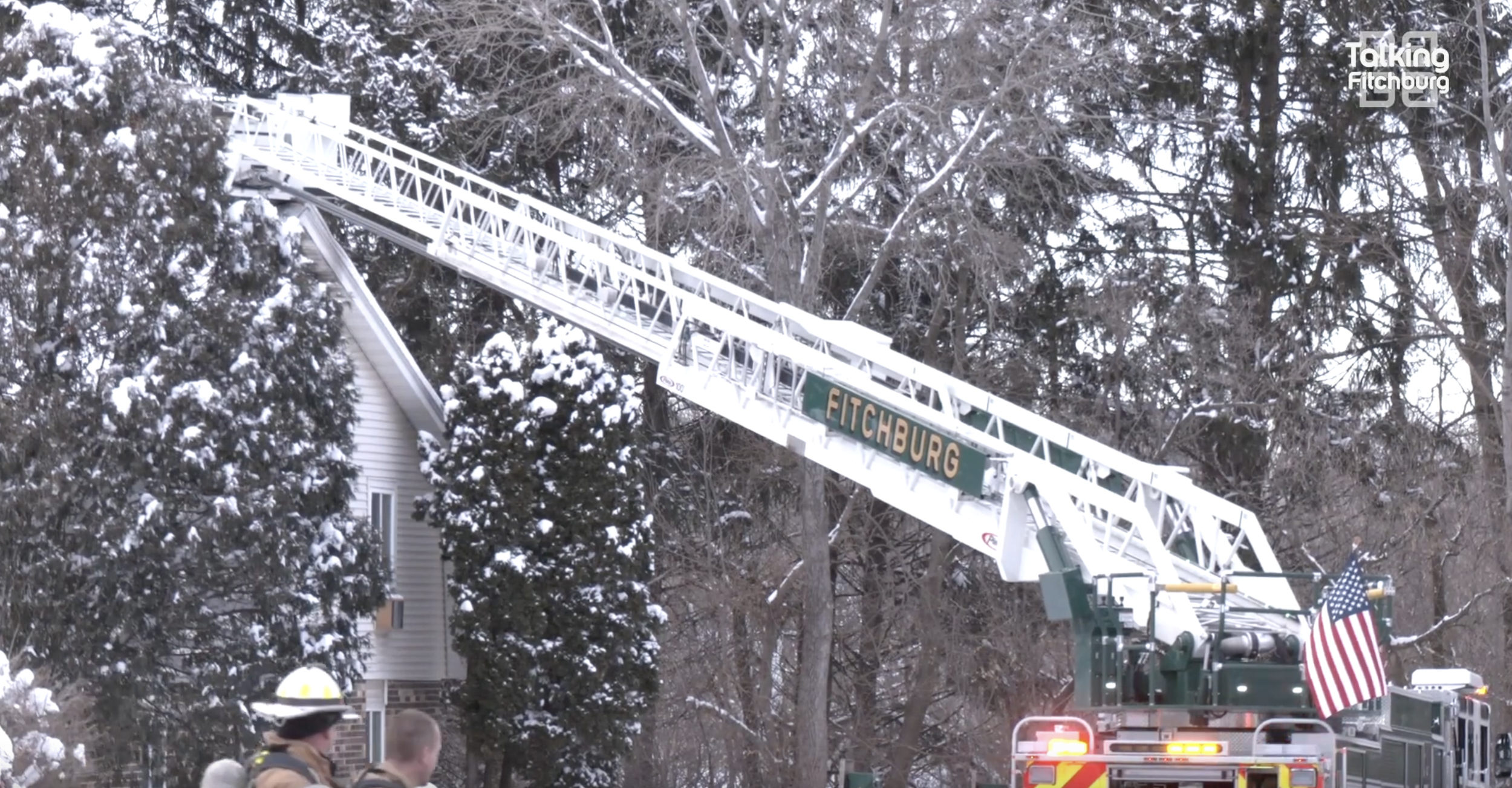Resident of Dunn County concerned about local news coverage are holding a community brainstorming session on Thursday, February 9 at 1:30 pm at the Menomonie Library in Menomonie. Attendees will learn more about what the needs of the community are and will talk about how everyone can work together to develop more sustainable and powerful news coverage.
This is an in-person meeting, but an online option is available through WisCommunity here: https://streamyard.com/watch/hx9WBHmzWbwA .
According to Steve Hanson, publisher of the WisCommunity website and newsletter that focuses on Dunn County, the idea for the meeting grew out of an informal news discussion group that has been meeting for several months. The group includes some former journalists in the county. “We are working on developing new ideas and methods for improving news coverage in the county in a sustainable way,” he said.
Hanson noted that his one-man operation cannot alone “plug the quickly leaking hole in the news coverage dike.” He said he has been “for some time been concerned about the state of news coverage in Dunn County, particularly the declining coverage of civic events and government.”
There are no PEG access stations operating in Dunn County. The closest one is Converge Media just east of the county in Eau Claire. Formerly known as Converge Radio, the organization took on the responsibility for a PEG access station just last year and is in a rebuilding phase.
Those interested in attending in person on Feb 9 are asked to register at
https://forms.gle/wfq5AWj1VkDcfgLH8
— Mary Cardona










